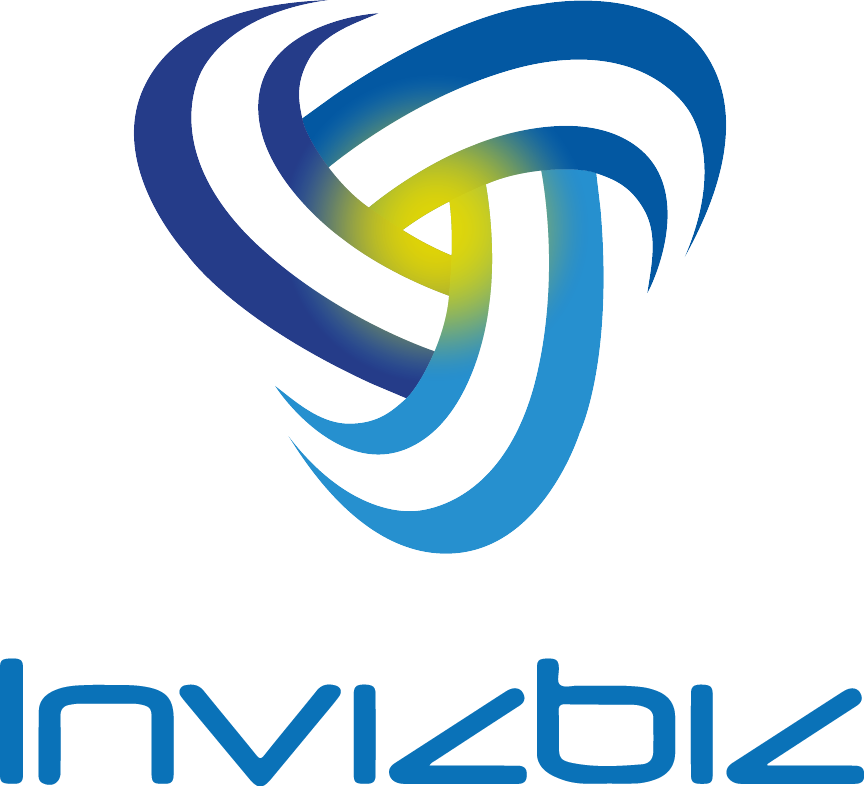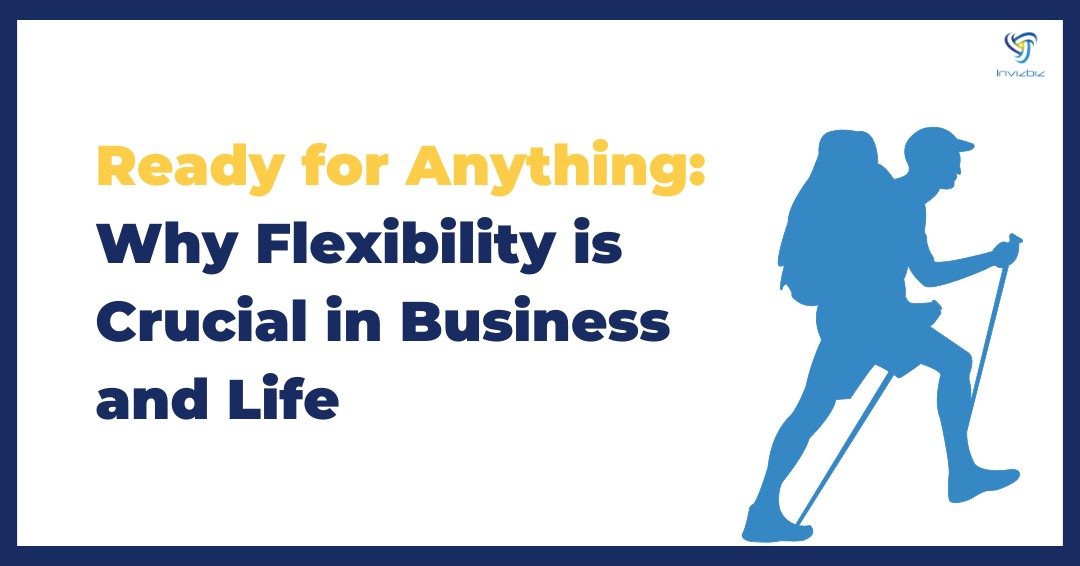Before I delve into the business aspect of being flexible and adaptable, let me share a personal experience that exemplifies this mindset. I recently traveled to Ho Chi Minh City in Vietnam, booking my flights just a few weeks in advance and leaving the rest up to chance. I didn’t make any long-term accommodation arrangements; instead, I booked for two or three nights at a time to maintain my freedom to explore.
I enjoy getting to know a city on foot. But to cover more ground, I also rented a motorbike for around $6-$7 per day. This feels like a cost-effective and exciting way to get around. Organized tours aren’t my thing; I prefer to let experiences happen organically. This led to unplanned but rewarding events, like meeting a woman from the Mekong Delta during a foot massage, who then suggested a fantastic local accommodation.
On her advice, I ventured to the Mekong Delta and met a man who offered a private boat tour. I took his WhatsApp number, did a quick online vetting, and then spent three blissful hours on a boat ride for just $40. Another day took me to Monkey Island, a local favorite, where a mere $10 covered the ferry and entrance fee.
Through these experiences, I’ve reinforced my belief that being flexible and open to new experiences can lead to enriching, authentic experiences. This holds true not just for travel but for business too.
Here’s how we can apply these principles in doing business:
Be Open to New Ideas, Just Like You Would In a New City
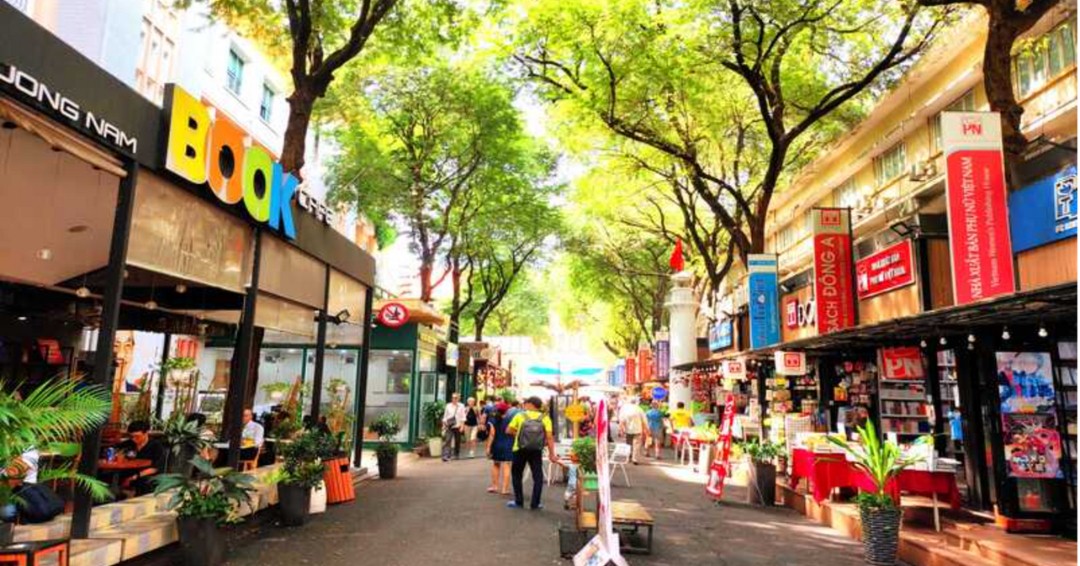
Just as I wandered the streets of Ho Chi Minh City open to whatever came my way, being open to new ideas is crucial in business. In Vietnam, I was open to experiences, which led me to a foot massage where I met a woman from the Mekong Delta who recommended a hidden gem of accommodation.
Similarly, you never know where your next big break will come from. In a fast-paced business environment, new ideas can provide a competitive edge. Listening to team members and stakeholders, or even customers can reveal unexpected opportunities or solutions to problems. Companies that foster an open environment where everyone feels comfortable sharing ideas tend to be more innovative and adaptable.
Here are three ways to start opening up to new ideas:
1 – Don’t be Afraid to Challenge the Status Quo
I didn’t go for the usual tourist routes in Vietnam, and similarly, your business shouldn’t just follow the industry norms. I also avoided organized tours because it felt like I had to fit in to everyone’s pace. Keep in mind that every industry has its set of best practices and conventions — but this doesn’t mean that they are the only way to achieve success. By challenging the status quo, businesses can discover more efficient or effective ways of operating, potentially leapfrogging competitors.
Case in point: Netflix. Netflix challenged the status quo of the video rental industry by offering a subscription-based streaming service. This allowed customers to watch movies and TV shows on demand, without having to go to a physical store. This was a risky move at the time, as streaming was still a new technology. However, Netflix’s gamble paid off, and the company quickly became the dominant player in the streaming market.
2 – Be Curious and Ask Questions
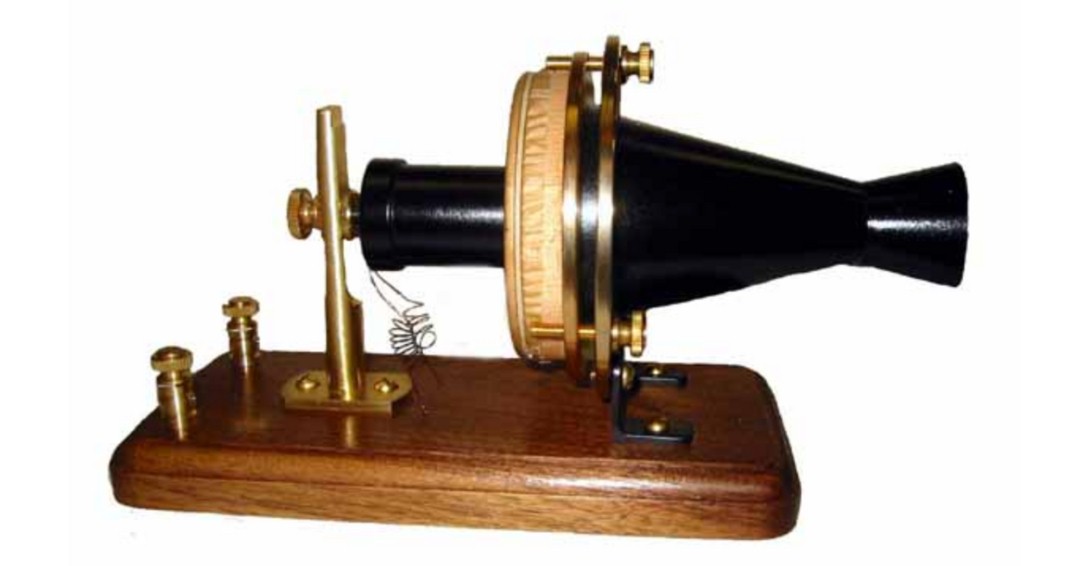 Just like asking for a local’s advice can reveal hidden treasures, asking probing questions in business can uncover untapped opportunities. Curiosity leads to a deeper understanding of the business landscape, including customer needs, operational bottlenecks, and market opportunities. It can also foster innovation and creativity, helping you stay ahead of competitors who may be less inclined to question and explore.
Just like asking for a local’s advice can reveal hidden treasures, asking probing questions in business can uncover untapped opportunities. Curiosity leads to a deeper understanding of the business landscape, including customer needs, operational bottlenecks, and market opportunities. It can also foster innovation and creativity, helping you stay ahead of competitors who may be less inclined to question and explore.
The telephone is one of many innovations that started off as a “what if” idea. Inventor Alexander Graham Bell wanted to transmit sound over a distance. This curiosity led him to experiment with different ways to do it, and eventually, he invented the first telephone in 1876. Fast forward to today, and we can now make phone calls, send text messages, and even video chat with people all over the world.
3 – Be Willing to Experiment and Take Risks
Like renting a motorbike to get around a foreign country, you sometimes have to take calculated risks to find new business avenues. Whether it’s launching a new product, entering a new market, or trying a new advertising strategy, taking calculated risks is essential for business growth. Being too conservative can result in missed opportunities, while willingness to experiment can provide valuable data and experiences, even if the experiment is not a success.
Mark Zuckerberg’s quote, “The biggest risk is not taking any risk,” sets the challenge. If we play it safe, we’ll never achieve anything great. The market (and the world) is constantly changing, so we need to be willing to step outside of our comfort zone and try new things. Failure is not the end, but it is a learning experience that can help you succeed in the future. If you want to achieve great things, you need to take risks and pursue your dreams.
Talk to Your Customers, Like the Locals on Your Trip
 In Vietnam, I communicated with locals to get insights on the best places to go. Similarly, your customers can provide invaluable information about your business.
In Vietnam, I communicated with locals to get insights on the best places to go. Similarly, your customers can provide invaluable information about your business.
The same way I learned about the lesser-known Monkey Island from locals, you can discover what your customers truly desire by engaging with them. Understanding your customer base is crucial for delivering products or services that meet their needs, ensuring customer satisfaction, and fostering loyalty. The more you know about your customers, the better you can tailor your offerings and marketing strategies.
Additionally, not all ideas come from me nor my team. Much like how I sought recommendations for my trip, I also actively solicit customer feedback. Constructive feedback from customers, team members, or other stakeholders provides real-world data that can be invaluable for continuous improvement. The businesses that thrive are often the ones that not only solicit feedback but also act on it. Addressing complaints and concerns swiftly and effectively is essential for maintaining a good reputation and ensuring customer satisfaction. Ignoring or poorly handling complaints can result in negative reviews and a loss of customer trust.
As I adapted my plans in Vietnam based on experiences and advice, your business should be ready to tweak its offerings based on customer feedback. Product-market fit is critical for business success. By ensuring that what you offer aligns with customer needs and wants, you increase the chances of repeat business and positive word-of-mouth, both of which are invaluable for growth.
Embrace Flexibility with Calculated Risk
During my travels, I had to ensure that I only interacted with genuine people — much like taking a calculated risk in business. Having this safety net boosts my confidence in embracing flexibility in my business model.
To make it more achievable, here’s what I did:
1 – Learned from Mistakes and Moved On
Whether it’s choosing the wrong hotel or a failed marketing campaign, both offer valuable lessons. Mistakes are inevitable in any business endeavour, but they should not be seen as dead ends. Instead, view them as learning opportunities that can help refine your strategies and decision-making processes. Acknowledging, analyzing, and learning from mistakes can make your business stronger and more resilient.
2 – Not Fearing Failure
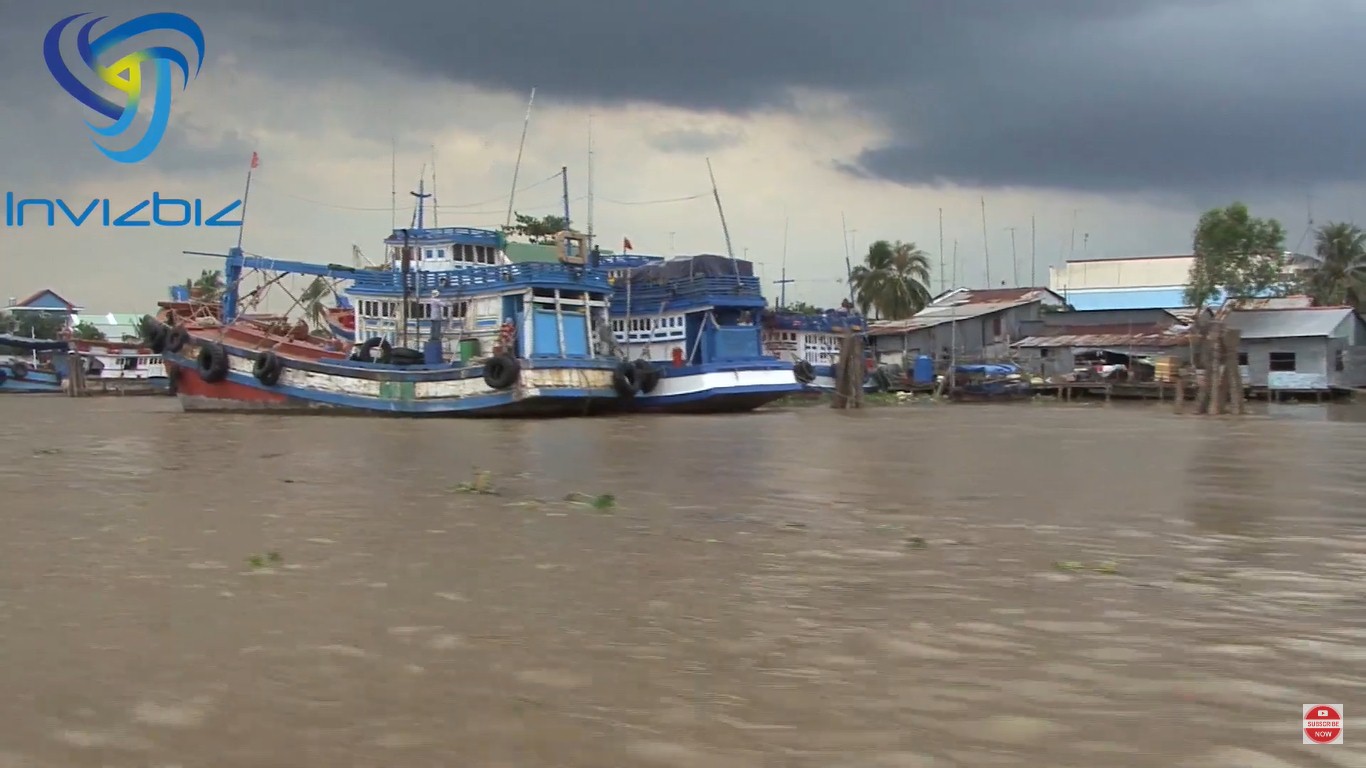 I looked up my boat tour guide online before booking to assess risks but I don’t let fear hold me back. Fear of failure can be paralyzing and can keep you from seizing opportunities that could benefit your business. While it’s important to assess risks carefully, being overly cautious can result in missed chances to innovate, grow, or improve. A calculated risk, taken after careful consideration, can lead to significant rewards. Worst case scenario, it will still lead me to a fresh start.
I looked up my boat tour guide online before booking to assess risks but I don’t let fear hold me back. Fear of failure can be paralyzing and can keep you from seizing opportunities that could benefit your business. While it’s important to assess risks carefully, being overly cautious can result in missed chances to innovate, grow, or improve. A calculated risk, taken after careful consideration, can lead to significant rewards. Worst case scenario, it will still lead me to a fresh start.
Every wrong turn in a new city or business endeavour offers a new perspective. This principle echoes the idea that failures are not setbacks but stepping stones towards success. Each failure provides data and experience that can help you make more informed decisions in the future. Businesses that adopt this mindset tend to be more innovative and agile.
3 – Encouraged a Culture of Learning and Continuous Improvement
 Just like each day in a foreign country is a lesson, every day in business offers opportunities to grow. A commitment to learning and improving can set your business apart from competitors who are content with the status quo. Employees who are encouraged to develop new skills, share knowledge, and strive for improvement contribute to a culture that is adaptable and forward-thinking.
Just like each day in a foreign country is a lesson, every day in business offers opportunities to grow. A commitment to learning and improving can set your business apart from competitors who are content with the status quo. Employees who are encouraged to develop new skills, share knowledge, and strive for improvement contribute to a culture that is adaptable and forward-thinking.
When I visited the Mekong Delta on a whim, I did not spend hours restructuring my travel plans. I was prepared to pivot. Similarly, whether it’s adopting a new technology or changing a business model, flexibility can give you a competitive edge. Innovation is often born out of a willingness to challenge existing processes, methodologies, and assumptions. Being open to new approaches can lead to more efficient operations, improved products, or breakthrough services that give your business a competitive edge.
Final Words
Being a digital nomad business owner has taught me that flexibility and adaptability aren’t just buzzwords; they’re essential skills for navigating both the world and the marketplace. These traits have enriched my travel experiences and have been invaluable in keeping my business agile in a fast-paced environment.
Here’s my advice: don’t be afraid to pivot if your original plan isn’t working. Adaptability is vital. Also, be prepared for the unexpected. Whether it’s a sudden storm on your trip or a global pandemic affecting your business, adaptability can be a lifesaver.
In case you find yourself exploring the backroads of a foreign country or the untapped markets in your industry, remember: be open, be flexible, and be ready to adapt. If you also want to follow along with the story of how else I use flexibility in business (that allowed me to live the quality of life I wanted), sign up for our newsletter: https://idealbusiness.invizbiz.com/newsletter
